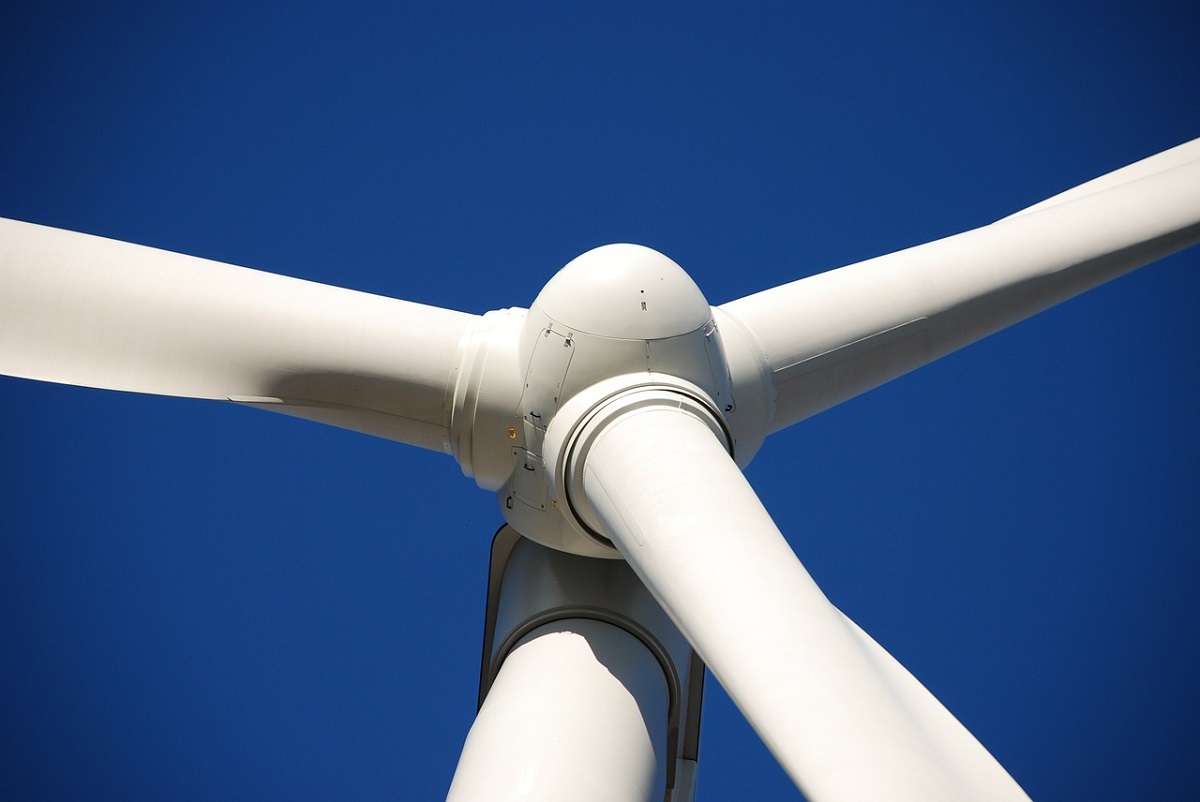On March 8, President Joe Biden imposed a fresh embargo on Russian energy imports into the United States. The action constituted a significant increase in US sanctions against Russia, but it quickly increased crude oil prices and fueled worries of rising gas costs.
It doesn’t have to stay that way, said Heather Boushey, a member of the Biden administration’s Council of Economic Advisers, at a virtual event held by Axios on Wednesday, March 9. The US can weather the short-term storm by drawing on its oil reserves and increasing domestic production, but they are merely short-term answers to a longer-term problem, she says.
Boushey’s remarks reflect Biden’s demand for more use of renewables when he announced the US ban on Russian oil, natural gas, and coal. Relaxing current environmental restrictions to increase oil production would neither cut energy prices for families or provide a long-term solution, according to Biden, who added that the oil embargo should drive the US to hasten the transition to sustainable energy.
According to Biden, transforming the US economy to operate on electric cars driven by renewable energy, together with tax incentives to assist American households winterize their houses and use less energy, will help.
For the time being, the United States can weather the storm. According to Boushey, the country has the potential to fulfill its own fossil-fuel demands, but Russia remains a key oil and gas producer.
Weaning the US off of other nations’ fossil fuel exports not only promotes energy independence, but also protects the US from global market price fluctuations, she noted.

